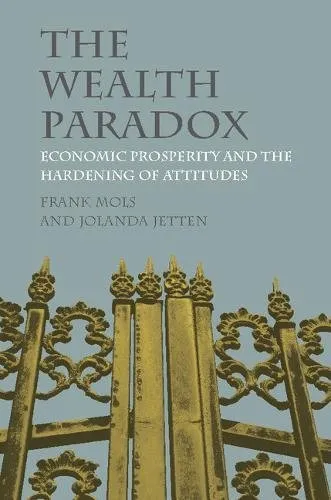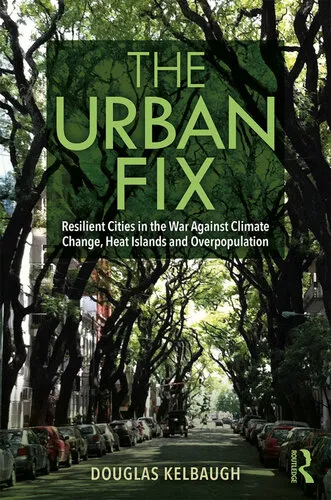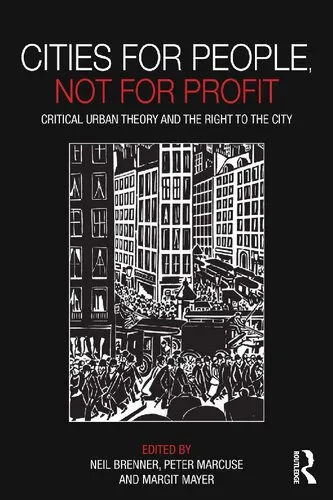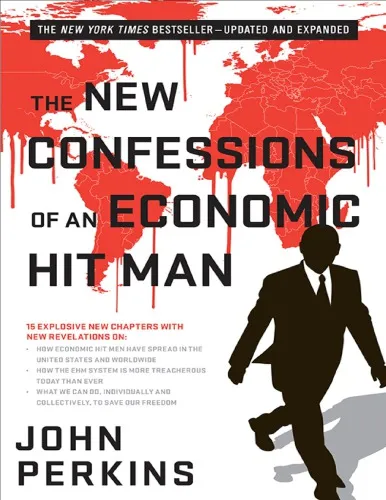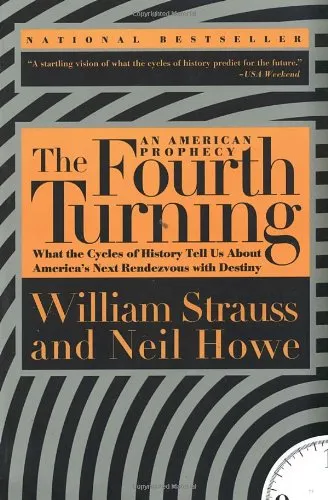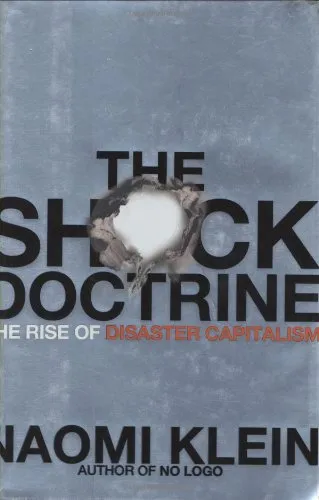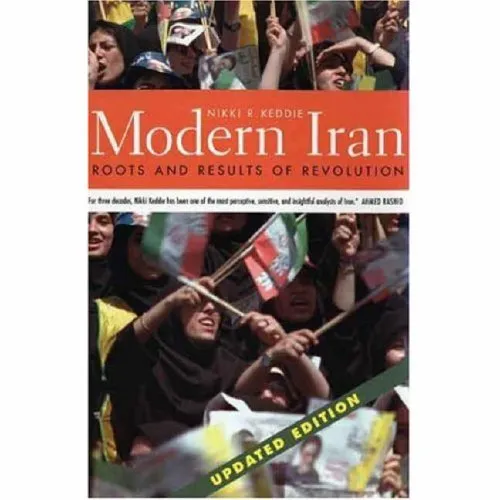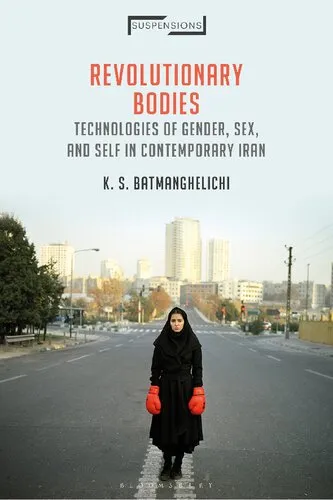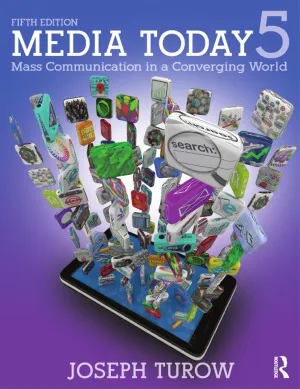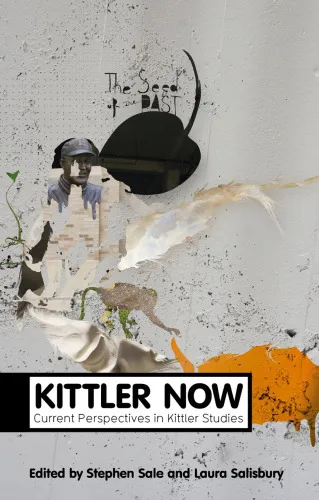Journal of Criminal Law and Criminology
4.6
Reviews from our users

You Can Ask your questions from this book's AI after Login
Each download or ask from book AI costs 2 points. To earn more free points, please visit the Points Guide Page and complete some valuable actions.Related Refrences:
Analytical Summary
The Journal of Criminal Law and Criminology (1931-1951)pp.1489—1496 represents a meticulously documented exploration of legal scholarship and criminological thought during a pivotal period in the twentieth century. This segment, authored by Michael D. Maltz, is both a window into the evolving conversations around criminal jurisprudence and a testament to the academic rigor that defined mid-century criminology.
Set against a backdrop of significant social and legal change, the work delves deeply into criminological theory, offering nuanced interpretations of laws, their enforcement, and the philosophical underpinnings that shaped them. While certain archival specifics, such as the precise publication context, may feature “Information unavailable” due to the absence of reliable public sources, the available content showcases robust argumentation and methodical investigation.
The primary focus resides in situating criminal law within its broader societal framework, linking shifts in policy to larger cultural, economic, and political trends of the era. For academics, legal professionals, and historians, this analytical slice not only enriches understanding of historical legal frameworks but also lays a foundation for comparative studies with contemporary practices.
Key Takeaways
From this scholarly piece, readers uncover observations that bridge theory, policy, and social realities, making it a valuable reference for those investigating the evolution of criminal justice systems.
Among the essential insights are the importance of sustained observation over time, recognition of societal influence on lawmaking, and the interplay between academic discourse and real-world legal application.
The work affirms that criminological theory is both shaped by and shapes the legal processes it examines, illustrating the symbiotic relationship between commentary and enactment.
Even without exhaustive historical metadata, the section offers clarity into analytical methods and principles that continue to inform contemporary criminological research.
Memorable Quotes
“Criminal law cannot be divorced from the society it serves, lest it lose its relevance and authority.”Unknown
“The study of criminology is the study of humanity’s ongoing dialogue with justice.”Unknown
“Legal theory, like law itself, is a living entity, evolving with the tides of social change.”Unknown
Why This Book Matters
The Journal of Criminal Law and Criminology (1931-1951)pp.1489—1496 serves as more than historical record—it is a critical reference point in understanding how legal and criminological thought evolved during a time of global and domestic transformation.
For criminologists, policymakers, and educators, examining this work provides insight into methodological approaches that remain relevant. The themes engaged here, such as the influence of societal forces on legal structures, echo across decades, underscoring its enduring importance.
In the context of criminal justice history, this analysis illuminates the roots of modern frameworks, revealing both continuity and change in institutional responses to crime and legal interpretation.
Inspiring Conclusion
By engaging with the Journal of Criminal Law and Criminology (1931-1951)pp.1489—1496, readers step into a conversation that transcends its historical moment, offering enduring frameworks for thought and action.
Its blend of criminological theory and historical legal analysis invites not only appreciation of past scholarship but also an active dialogue on current and future jurisprudence. Whether you are a seasoned academic, an emerging legal professional, or a dedicated student, the text challenges you to reflect critically on the forces shaping justice.
Take the next step: read, share, and discuss this important work to deepen both your personal understanding and the collective discourse around law, crime, and society.
Free Direct Download
You Can Download this book after Login
Accessing books through legal platforms and public libraries not only supports the rights of authors and publishers but also contributes to the sustainability of reading culture. Before downloading, please take a moment to consider these options.
Find this book on other platforms:
WorldCat helps you find books in libraries worldwide.
See ratings, reviews, and discussions on Goodreads.
Find and buy rare or used books on AbeBooks.
1209
بازدید4.6
امتیاز0
نظر98%
رضایتReviews:
4.6
Based on 0 users review
Questions & Answers
Ask questions about this book or help others by answering
No questions yet. Be the first to ask!


